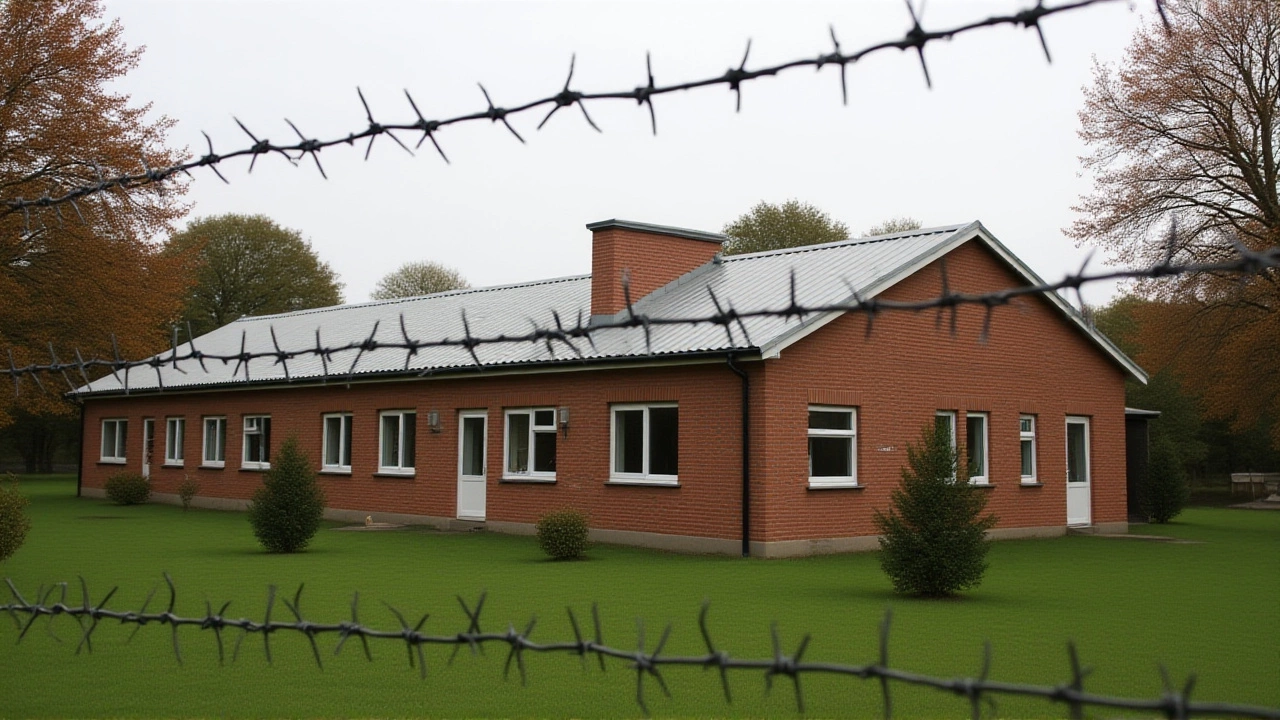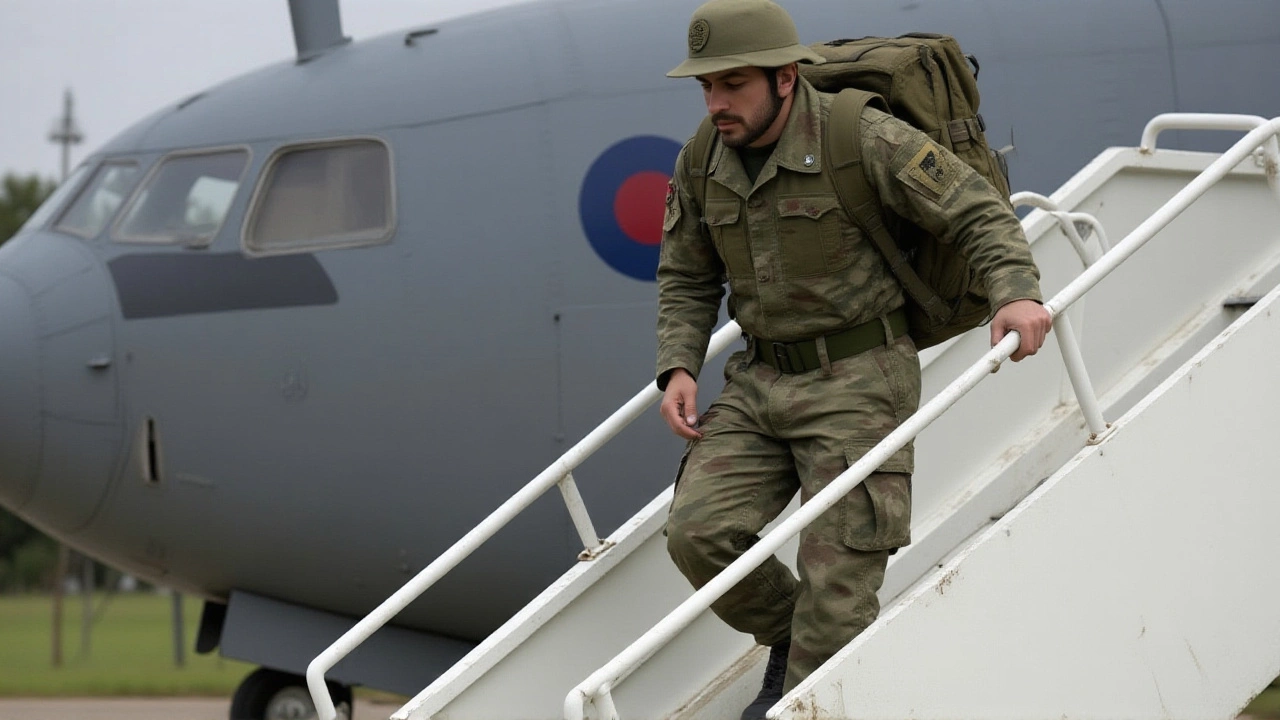On February 22, 2022, a single email mistake by a UK Ministry of Defence official unleashed a security disaster: nearly 19,000 Afghans who had risked their lives working with British forces had their names, addresses, and employment details exposed. The leak, containing 33,000 lines of sensitive data, sat undetected for over 18 months—until August 2023, when someone posted fragments of it on Facebook, threatening to release the full list. That’s when the UK government quietly launched the Afghanistan Response Route (ARR), a secret relocation program that would eventually save nearly 3,000 lives. The full truth didn’t emerge until July 16, 2025, when a London judge lifted a super injunction that had buried the story for nearly three years.
The Breach That Could Have Killed Hundreds
The leaked data didn’t just include translators and fixers. It named more than 100 British special forces operatives, MI6 officers, and military liaisons who had worked undercover in Afghanistan. One source, speaking anonymously to The Associated Press, confirmed that “a small number of special forces personnel” were exposed. For those on the ground, this wasn’t just a bureaucratic error—it was a death sentence. The Taliban had already begun hunting down collaborators after the 2021 withdrawal. Names, phone numbers, and home addresses were now in the hands of hostile actors. The UK government’s initial silence was deafening.
How the Government Ignored the Warning Signs
When the breach was discovered internally in early 2023, the UK Information Commissioner's Office (ICO), led by John Edwards, chose not to investigate. Edwards later told Parliament’s science, innovation and technology committee that the ICO relied on the “honesty” of the Ministry of Defence. No audit. No records. Just a handshake. Kit Malthouse, a Conservative MP on that same committee, called the response “alarming.” He said decisions were made in “a few unrecorded meetings and a handshake,” with no documentation left behind because the case involved classified information. That lack of accountability has since become a symbol of institutional failure.
The Secret Rescue Mission That Saved 3,000 Lives
The ARR was originally designed to relocate just 200 high-risk Afghans. But as the scale of the breach became clear, and as pressure mounted from human rights groups and former military personnel, the program expanded dramatically. By early 2024, nearly 3,000 principals—mostly Afghans who had served as interpreters, drivers, and intelligence assistants—were approved for relocation under ARR. The operation was so secretive that even senior Cabinet members didn’t know about it until after the July 2024 general election. Shadow Defence Secretary was briefed in December 2023—but only under a court-ordered gag order. The rest of the government was flying blind.
False Claims, Real Pain: The Veteran Housing Myth
When the story broke in July 2025, GB News ran a headline: “I needed help, I was thrown out”: British Army veteran exposes wall of silence after ‘being evicted to make way for Afghan migrants.’ The emotional story went viral. But it was wrong. Monk Debunks, a fact-checking Substack publication, tracked down the veteran himself. He said he applied to keep his service accommodation in May 2023—and was denied. He moved out in December 2023. The data breach wasn’t discovered until August 2023. The first Afghans under ARR didn’t arrive until September 2023. There was no eviction. No displacement. The Afghans were housed in empty, government-owned properties—some vacant since the British military pulled out in 2014. The veteran, now living in temporary housing, told Monk Debunks: “I’m not angry at the Afghans. I’m angry that my story was used to hurt them.”

Why This Matters Beyond the Headlines
This isn’t just about one leaked email. It’s about how institutions fail when they prioritize secrecy over transparency—and how misinformation thrives in the vacuum. The UK government insists every Afghan resettled under ARR, ARAP, or ACRS undergoes rigorous security vetting. Home Office statistics confirm that all arrivals are counted within existing migration figures. But the real cost? The erosion of public trust. The betrayal of those who served alongside British troops. The silence that allowed a preventable disaster to unfold. And the exploitation of real human suffering to fuel political narratives.
What Comes Next?
The ICO is now under renewed pressure to explain why it didn’t act. A parliamentary inquiry is expected to begin in September 2025. Meanwhile, families of the 3,000 resettled Afghans are finally starting to rebuild. But many of those left behind in Afghanistan—those whose names were on the list but who never made it out—are still in hiding. Their fate remains unknown. And for the British soldiers who served alongside them? Some are now asking: if we couldn’t protect them then, what are we doing now?
Frequently Asked Questions
How many Afghans were exposed in the data leak, and who were they?
Nearly 19,000 Afghans who worked with British forces—primarily as interpreters, drivers, and intelligence assistants—had their personal details exposed in the breach. The data included names, addresses, phone numbers, and employment records. Over 100 British special forces personnel and MI6 operatives were also named, raising serious security concerns.
Why didn’t the UK Information Commissioner’s Office investigate the breach?
The ICO, under John Edwards, decided not to investigate because the Ministry of Defence claimed the data involved classified information. No formal audit was conducted, and no records were kept of the decision. This lack of documentation has since drawn sharp criticism from MPs, who called the handling of the case “alarming” and “unaccountable.”
Were British veterans actually evicted to make room for Afghan refugees?
No. Investigations by Monk Debunks confirmed that a veteran cited in GB News was denied housing in May 2023 and moved out in December 2023—three months before the breach was discovered and four months before Afghans began arriving. The refugees were placed in vacant properties left empty since the 2014 military withdrawal, not in homes taken from veterans.
How many Afghans have been resettled under the UK’s programs?
The Afghanistan Response Route (ARR) alone resettled nearly 3,000 individuals by early 2024, expanding from its original target of 200. Combined with the Afghan Relocations and Assistance Policy (ARAP) and Afghan Citizens Resettlement Scheme (ACRS), the total number of Afghans relocated under UK programs exceeds 15,000 since 2021—all subject to strict national security vetting.
What’s being done now to prevent future leaks?
A parliamentary inquiry is expected to begin in September 2025 to examine the MoD’s data handling practices. The ICO has pledged to review its protocols for handling classified data breaches. Meanwhile, the MoD has reportedly upgraded its internal data security systems, though no public details have been released.
What happened to the Afghans still left behind?
Thousands of Afghans whose names were on the leaked list remain in hiding, fearing Taliban reprisals. Some have fled to neighboring countries, but many are still in Afghanistan, living under false identities. Human rights groups say there’s no official UK plan to locate or assist those still at risk, leaving their fate uncertain.


